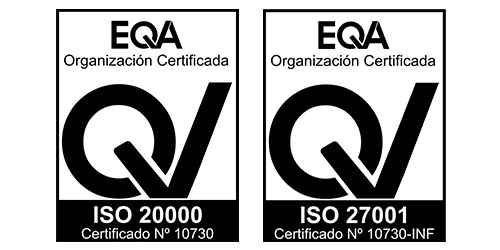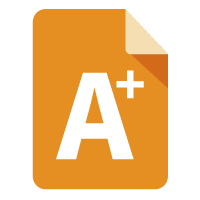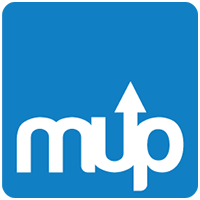Elearning platforms are tools that any company or educational center should use today. The reason? Today more than ever, education requires modernization and, above all, adaptation to the needs of today’s market, which demands more educational technology as well as flexibility and accessibility.
Assessment is one of the central aspects of the learning experience. A good assessment and feedback can successfully determine the course of students’ development and progress. An inaccurate one, on the other hand, may create blocks to learning that are difficult to overcome.
Thanks to pedagogic advances over the last decades, the links between learning, assessment, and feedback are now better understood and accounted for. Apart from students, teachers and practitioners are also deeply concerned with the process of assessment. Not only does it constitute a significant part of their workload, but it also mirrors their specific approach to teaching. It reflects each teacher’s understanding of how to best impart knowledge and to verify that this goal has been achieved.
The introduction and greater availability of technologies has impacted how education and assessment is conducted. From reduced testing times and costs to individualized tests, automated feedback and scoring, digitalization has created a revolution in educational institutions. And, within the context of greater inclusion and accessibility, technology has also created significant improvements for students that have had difficulties within more traditional forms of teaching.
Moreover, as social circumstances sometimes limit our ability to travel or attend in person, technology has also made education possible where it would previously have been impeded due to distance or time zones. This creates the need for learning institutions to consider the benefits of elearning platforms that allow them to offer high-quality education, while also meeting organizational objectives. The goal of this whitepaper is to demonstrate how an online learning assessment platform such as Pedagoo can serve both of these purposes.
What are elearning platforms?
The elearning platforms, or Learning Management System (LMS) are virtual learning spaces created to facilitate distance learning, both for companies and for educational centers.
Thanks to these platforms, “virtual classrooms” are created, in which teachers and students interact. In the same way, they take place evaluations, file sharing, participation in forums, chats, and a wide range of additional tools.
5 benefits of elearning platforms
1 Transform paper to digital
The elearning platforms allow to take the definitive step from paper to digital. In this way, not only will you be helping to save the planet, but you will significantly reduce the evaluation times of each of the students. The platform is responsible for evaluating each of the questions at the end of the test. In addition, in the case of Pedagoo, the tool has infinite types of questions to create your tests.
2 Take control of the progress of your students
Contrary to what many may think, in elearning the student is never alone. How do they get it? Through the virtual platforms they can contact the tutor at any time, and also the tutor can keep track of the student’s activity: participation in forums, activity on the platform, when connected, evaluation of the degree of satisfaction of the course…
Pedagoo’s tools allow you to quickly and intuitively carry out both individual and group monitoring of students of any size, obtaining comparisons between different groups and leaving more time to work on improving teaching processes.
3 Updated content
No more books. The world is constantly updated and what is valid today may no longer be valid tomorrow. In this sense, the training content used in the e-learning platforms can be modified and updated on the spot, without having to incur printing costs, just by a few clicks.
The most advanced platforms incorporate content creation tools into their courses. So you can create both activities and exercises as tests and evaluations of the knowledge acquired. This allows for greater flexibility and customization of the training.
4 Time management
Managing time to study and staying motivated is a great challenge for everyone when it comes to learning. Elearning allows all efforts to be concentrated on creating the best possible learning experience, where it becomes more of a pleasant experience than a task.
Thanks to its flexibility, students can create personalized study routines that adapt to their schedules and circumstances.
The student, always under the teacher’s guidelines, is the one who decides when to study, when to download the program… The student has 24-hour access and only needs to have an Internet connection to access the course content, contact the tutors or take the exams.
5 Standardize your assessments
Reports from educational platforms such as Pedagoo allow you to monitor which centers, subjects or teachers achieve the best pass rate, allowing you to analyze the context and use them as models to replicate them in the rest of your educational entity.
Pedagoo: find everything you need
Pedagoo, as a recognized elearning platform, is responsible for helping to transform schools, transferring all exam questions and evaluations from paper to digital.
Thanks to it, teachers have the possibility to share questions, existing evaluations in the center and analyze the result in each of their classes in an automated way using their analytical reports.
Pedagoo is a solution developed by the Media Interactiva Group, a leader in the development of educational technology aimed at training and accreditation of digital skills with more than 15 years of experience building the path of training through technology.










